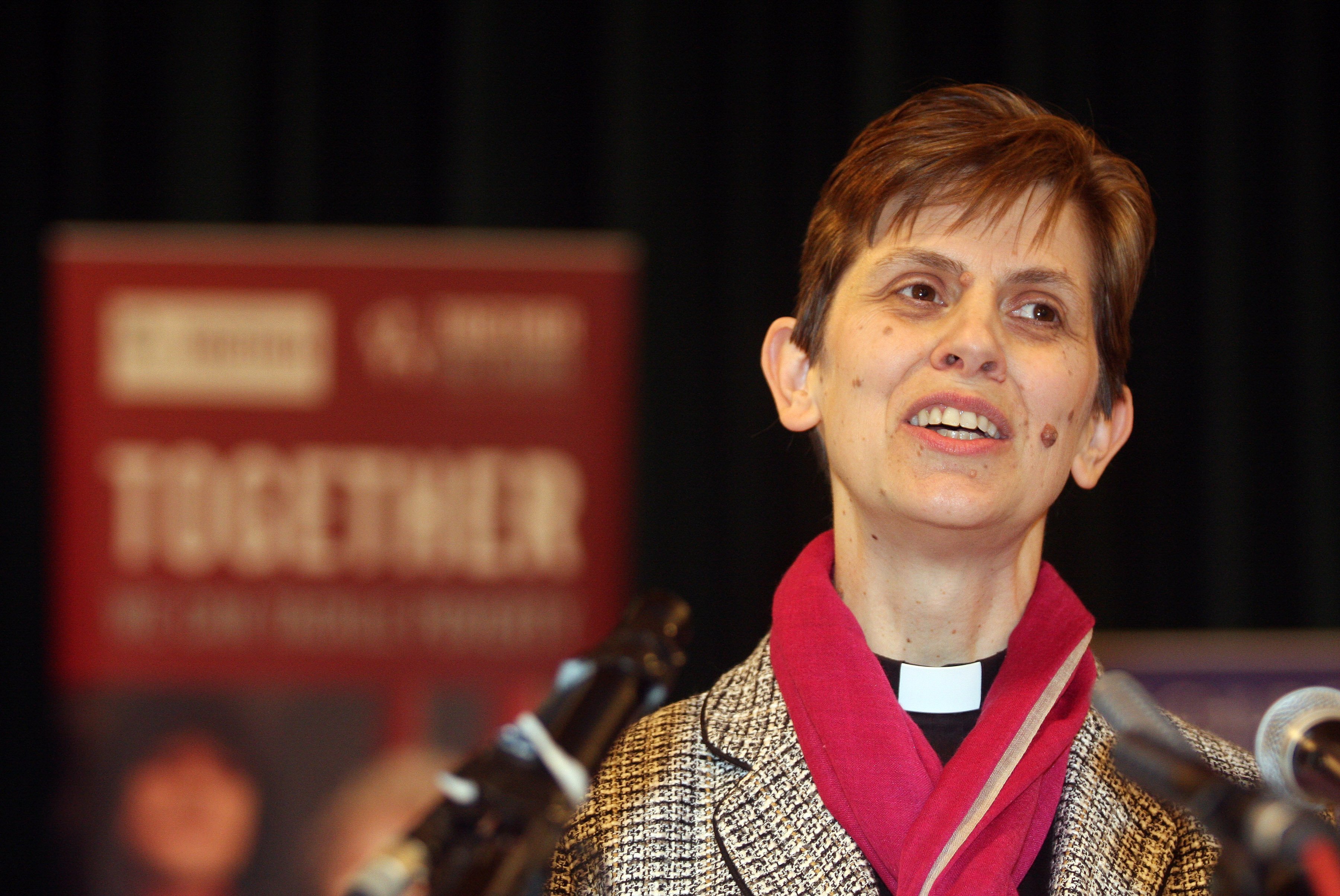Shona anthology on cards
Abel Dzobo Entertainment Reporter
WHILE the publishing industry in Zimbabwe has not been performing well with Shona publications being hardest hit, Bhabhu Books has jumped into the breach and is working on a short story anthology. Titled ‘‘Makore Asina Mvura’’, authors should submit articles that “focus on the metaphorical and even real aspects of this phrase”. Prominent author of Shona satires “Mapenzi” and “Imbwa yeMunhu”, and Bhabhu Books Founder, Ignatius Tirivangani Mabasa, is the editor of the anthology and short stories should be submitted to him.
“Bhabhu Books is calling for Shona short stories not less than 1 500 words but not exceeding 5 000 words. 10-15 stories will be published and the deadline for submission is Friday, 20 February 2015,” Bhabhu Books said in a statement.
Contributors will receive 10 free copies of the publication. However, writers should grab this rare opportunity to get published. “It’ an opportunity and a platform to showcase, celebrate and advance the Shona language. I am promising new ways of story-telling and freedom of writers to be writers,” Mabasa said. Bhabhu Books also highlighted the challenges dogging the publishing industry in Zimbabwe.
“The dynamics in the book industry are making it difficult to invest in sustainable book publishing. Yet we feel duty bound to make sure that Shona language is preserved and promoted. This has led us to source funds to publish a Shona story anthology,” Bhabhu Books said in a statement.
Mabasa concurs, and calls upon Government to invest in vernacular languages.
“Shona book publishing urgently needs to be rescued. We need State intervention because literature is not just stories but language promotion and culture preservation. We are losing a lot of stories because the publishing industry’s wings are broken,” Mabasa said.
Mabasa is also of the view that language could heal some of the youths, who are reeling from a myriad of challenges, among them an identity crisis.
“Shona, like other local languages, carries our culture, values and identity. It is the language that God gave us and which we should be proud of. A lot of our problems with the youth are because there are certain values and psychosocial support structures found in our languages and culture which we allowed to weaken,” Mabasa said.








Comments